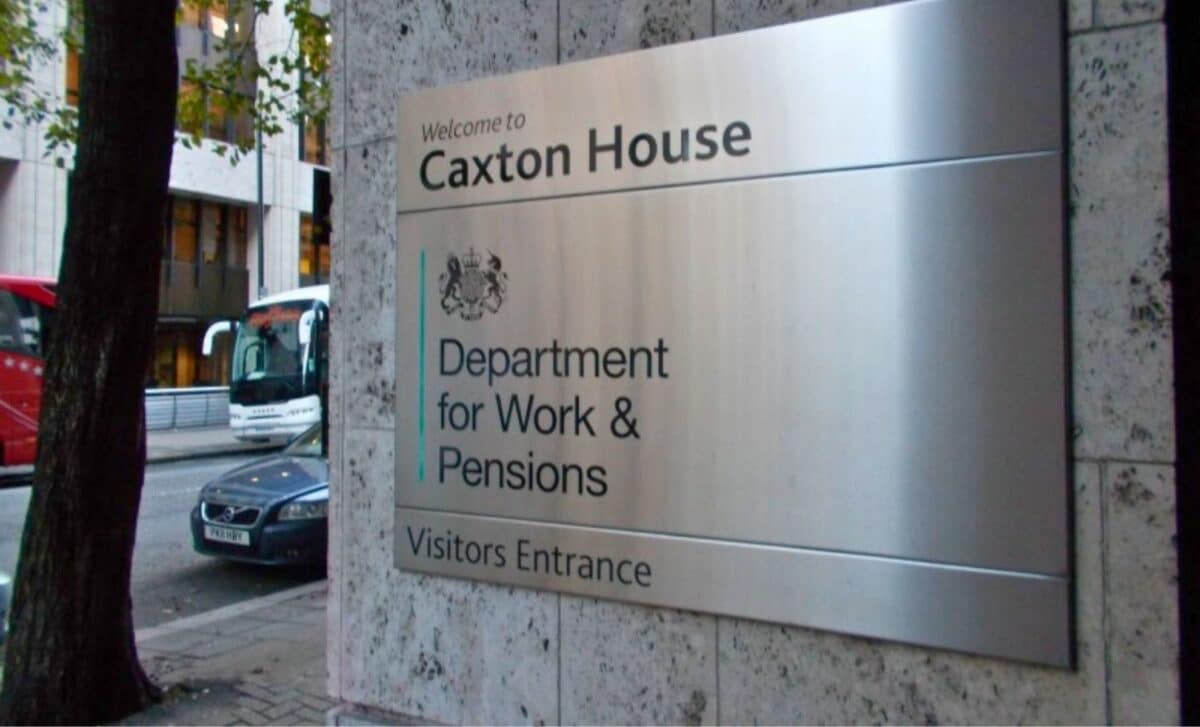The Department for Work and Pensions (DWP) and HM Revenue and Customs (HMRC) have confirmed significant changes to the payment dates for millions of people receiving state pension, Universal Credit, and other benefits in December. With the festive season fast approaching, these changes are designed to ensure that claimants receive their payments before the bank holidays, which could otherwise delay funds during this crucial period.
For many families struggling with the ongoing cost-of-living crisis and soaring energy bills, timely access to financial support has never been more important. These adjustments are aimed at easing some of the stress that comes with the holiday season by ensuring that those who rely on these benefits won’t face delays in receiving their payments.
Key Changes to Payment Dates
According to the DWP, the main change involves moving the payment dates for benefits that would normally fall on a bank holiday. Claimants can expect to receive their payments earlier than usual, with most payments being issued on the last working day before the bank holiday.
Key Dates Affected
- Christmas Bank Holiday: Payments due on December 25, 26, or 27 will be made on December 24 (the last working day before the holidays).
- New Year’s Day Bank Holiday: Payments due on January 1 will be made on December 31, the last working day of the year.
This change applies to 11 key benefits that are typically paid directly to claimants’ bank, building society, or credit union accounts. For many recipients, especially those on fixed incomes, these payments are vital for covering essential living expenses during the festive period.
Which Benefits Are Affected?
The payment date change will impact the following benefits:
- Attendance Allowance
- Carer’s Allowance
- Disability Living Allowance
- Income Support
- Jobseeker’s Allowance
- Pension Credit
- Personal Independence Payments (PIP)
- State Pension
- Universal Credit
- Child Benefit (paid by HMRC)
- Tax Credits (paid by HMRC)
Although the payment dates are changing, the actual amount received by claimants will not be altered. This ensures that recipients will receive the financial support they rely on to meet their essential needs, including food, housing, and utilities, without any reductions or delays.
Why Are These Changes Necessary?
The timing of payments around bank holidays has always been a logistical challenge for the DWP and HMRC, but it is especially significant this year due to the ongoing cost-of-living crisis. As energy costs soar and inflation continues to place financial pressure on households, the government is committed to making sure vulnerable groups, such as pensioners and those with disabilities, are not disadvantaged by technicalities or administrative delays.
The DWP’s decision to move the payment dates ensures that claimants don’t experience any financial hardship due to a delayed bank holiday payout. It is particularly important given that many of these payments are crucial for basic living expenses, such as heating, food, and rent.
What Does This Mean for Claimants?
For those who depend on these benefits, the early payment dates offer a much-needed safety net. While the payments themselves won’t change, receiving the money earlier allows individuals and families to plan their holiday spending with greater confidence, knowing that their finances won’t be disrupted by the holidays.
Additionally, the Universal Credit and State Pension payments will be adjusted in the new year, in line with inflation, to help recipients keep up with rising costs. The planned increase in these payments—1.7% next year—will provide an additional financial cushion for those struggling to make ends meet.
Expected Increases in Universal Credit:
- Single person (25+ years): £393.45 to £400.14 per month (an increase of £6.69)
- Limited capability for work: £809.64 to £823.41 per month
- Single parents (25+ years) with one child: £681.37 to £692.95
- Couples with two children (25+ years): £1,193.44 to £1,213.72 per month
These increases are particularly timely as many families face mounting bills, especially with the ongoing energy crisis, and will help to cushion the blow of inflation.









